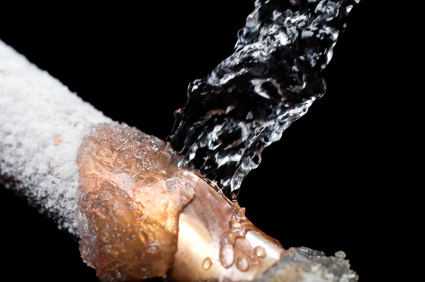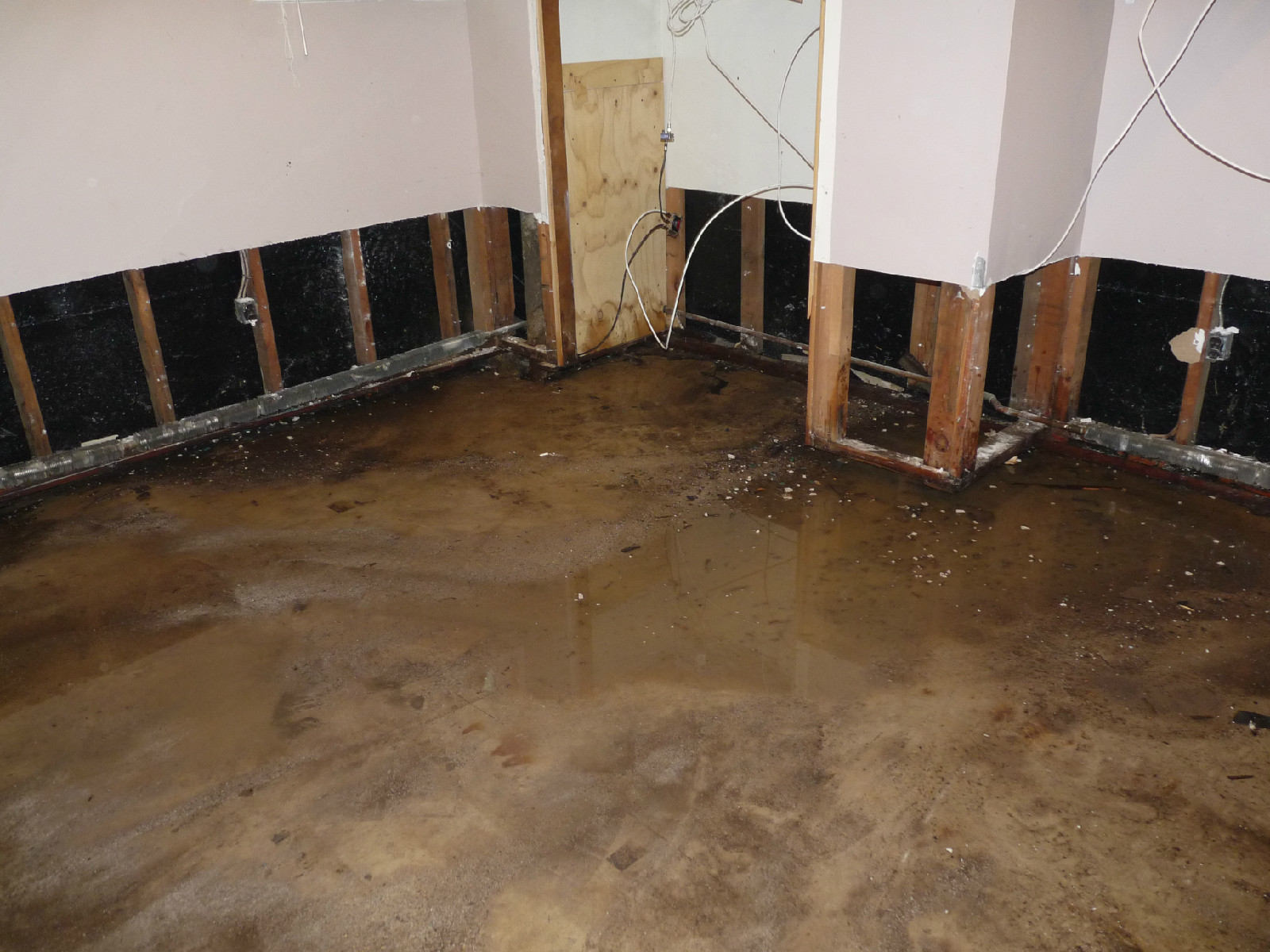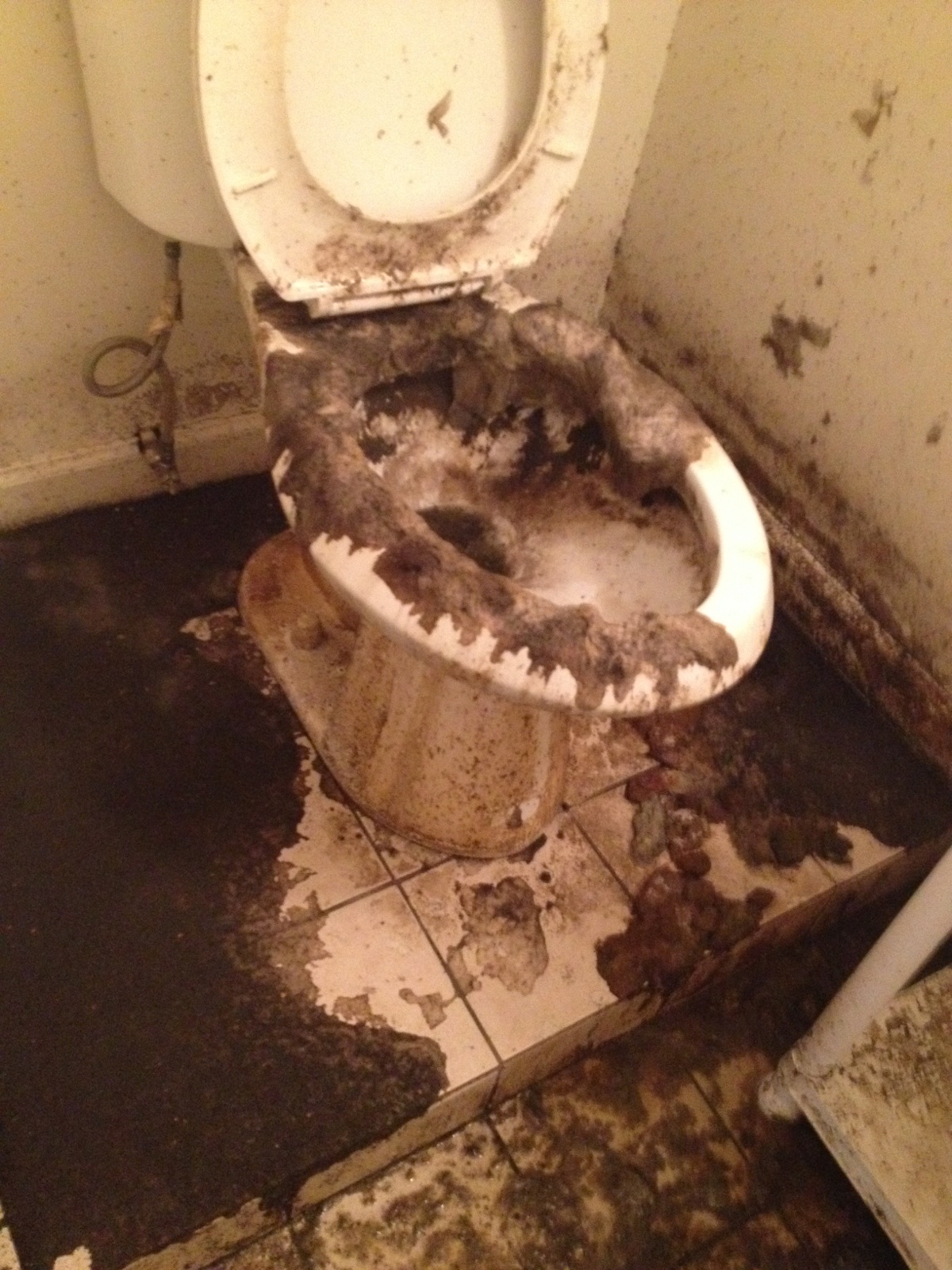What happens when pipes freeze in a home? It’s surprising how many homeowners aren’t aware of the dangers of ice-clogged plumbing, but once it happens, it’s something a homeowner will never forget. In cold weather, water, ironically, is the one thing you don’t want sitting in your plumbing. In extreme temperatures it ices over and will create a huge buildup of pressure that eventually bursts the plumbing open. This won’t be a major problem until the ice thaws and the water starts flowing again, but then it’s an emergency. Burst plumbing can spew hundreds of gallons of water into the home before a homeowner has a chance to respond, and this can be enough to flood rooms or cause irreparable damage to the home.
To fix this problem, JP Moore can either fix a clamp over the leak or fashion a new stretch of plumbing to replace the damaged area. Clamps are usually a temporary solution, but may be all that’s needed for smaller problems. For larger and irregularly shaped leaks, replacement will be necessary. Fortunately, JP Moore can do this quickly and with minimal disruption to the home. Once fabricated, the new plumbing is soldered into place with a gas torch, ensuring a durable, watertight fit.
So, instead of learning the hard way about what happens when pipes freeze, it’s best to make sure it doesn’t happen in the first place. This can be done by opening up the home’s faucets slightly during extremely cold weather and by insulating any plumbing exposed to cold air.



